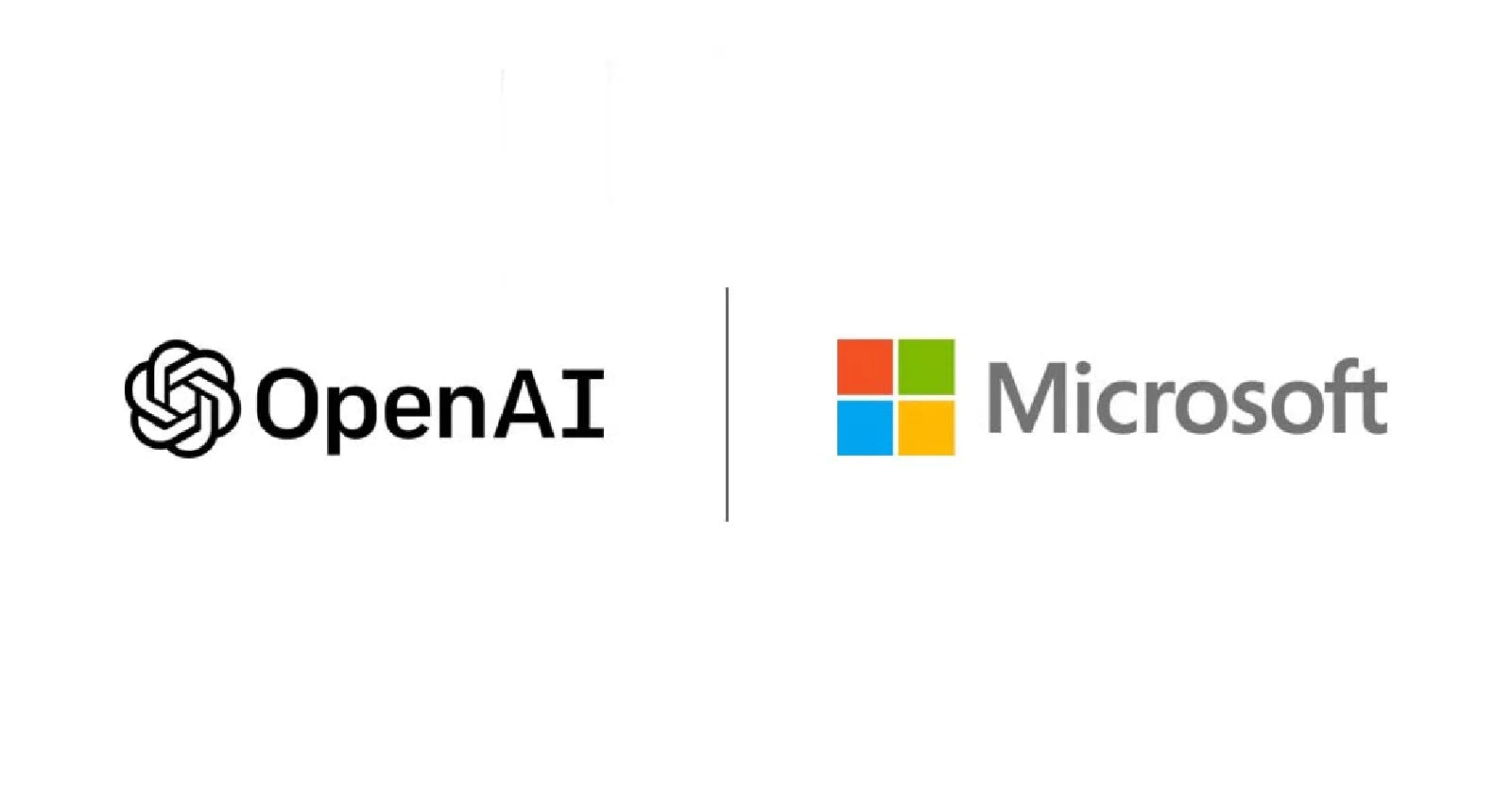A Deep Dive into Why Microsoft is Unlikely to Fully Acquire OpenAI
Navigating Partnerships, Independence, and Strategic Investments in the AI Landscape
The recent collaboration between Microsoft and OpenAI has sparked speculation about the possibility of Microsoft acquiring the artificial intelligence research lab. OpenAI, known for its groundbreaking work in AI and its language model GPT-3, has received significant attention since its founding in 2015. While Microsoft's investment of $1 billion in 2019 and exclusive license to GPT-3 have fueled acquisition rumours, there are several reasons why a complete acquisition is unlikely.
- Preserving OpenAI's independence and mission:
One of the primary reasons Microsoft is unlikely to fully acquire OpenAI is the importance of preserving OpenAI's independence and mission. OpenAI was established as a research organization to ensure that artificial general intelligence (AGI) benefits all of humanity. It places a strong emphasis on long-term AI safety and has committed to avoiding uses of AI that could harm humanity or excessively concentrate power.
A complete acquisition by Microsoft could potentially compromise OpenAI's ability to pursue its mission independently and raise concerns about conflicts of interest. OpenAI's research and development might become closely aligned with Microsoft's business objectives, potentially limiting its ability to explore new avenues and contribute to the broader AI research community.
- Maintaining collaborations and partnerships:
OpenAI's collaborations and partnerships with other organizations in academia and industry have been vital to its success. These collaborations enable the exchange of knowledge, resources, and expertise, fostering innovation and advancing the field of AI. A complete acquisition by Microsoft could disrupt these collaborations, as it might be seen as preferential treatment toward Microsoft and discourage other organizations from working with OpenAI.
- OpenAI's diverse funding sources:
OpenAI has secured funding from various sources, including partnerships with tech giants like Microsoft and private donors. This diversified funding approach allows OpenAI to maintain independence and avoid dependence on a single entity. It also ensures that OpenAI has the flexibility to pursue research and projects that align with its mission, rather than being solely driven by the priorities of a single corporate owner.
- Strategic investments over complete acquisitions:
Microsoft has historically pursued strategic investments and partnerships rather than full acquisitions. This approach allows Microsoft to leverage the expertise and technologies of other organizations while maintaining their independence. By investing in OpenAI and establishing a partnership, Microsoft can benefit from OpenAI's cutting-edge research and advancements in AI without necessarily needing to acquire the entire organization.
- Legal and regulatory considerations:
Complete acquisitions often face rigorous regulatory scrutiny, particularly in sensitive or emerging fields like AI. The regulatory landscape surrounding AI is still evolving, and a full acquisition of OpenAI by Microsoft could encounter significant regulatory challenges and delays. Such obstacles can act as deterrents for a complete acquisition, leading to a more cautious approach to strategic partnerships instead.
In conclusion, while Microsoft's investment in OpenAI and its exclusive license agreement demonstrate a strong partnership, a complete acquisition is unlikely. Preserving OpenAI's independence and mission, maintaining collaborations and partnerships, diversified funding sources, Microsoft's strategic investment approach, and legal and regulatory considerations all contribute to the unlikelihood of a complete acquisition. Both Microsoft and OpenAI can continue to benefit from their existing partnership, while OpenAI retains the autonomy and flexibility to pursue its ambitious research goals in the field of artificial intelligence.
